The football match between Israel and Mali at the Paris Olympics drew significant attention beyond the sport, reflecting the ongoing geopolitical tensions surrounding the Gaza conflict. The game, which ended in a 1-1 draw, saw a heightened security presence due to threats against the Israeli team, reminiscent of the 1972 Munich Olympics attack.
Charged Atmosphere and Fan Reactions
The match was marked by intense fan reactions. While Mali supporters were vocal, the Israeli national anthem was met with boos, and Israeli players faced hostility from some fans. Despite the charged atmosphere, the match was competitive, with Israel initially leading thanks to an own goal before Mali equalized.
Security Threats and Political Controversies
A video showing a masked figure threatening violence in Paris added to the already tense security situation. The Israeli team received numerous threats, prompting French authorities to provide 24/7 protection. This level of security was aimed at preventing any incidents similar to the Munich attack.
Representation of Israeli and Palestinian Athletes
Israel sent 88 athletes to the Games, with competitors like taekwondo’s Avishag Semberg and gymnast Artem Dolgopyat in medal contention. Palestine, represented by eight athletes across various sports, faces its challenges, including damaged sporting infrastructure and the uncertainty of athletes’ participation against Israeli opponents.
Future Prospects and Ongoing Tensions
As the Olympics progress, the potential for further protests and political tensions remains high. The situation underscores how major international events can become battlegrounds for broader geopolitical conflicts, reflecting the intersection of sports and global politics.


